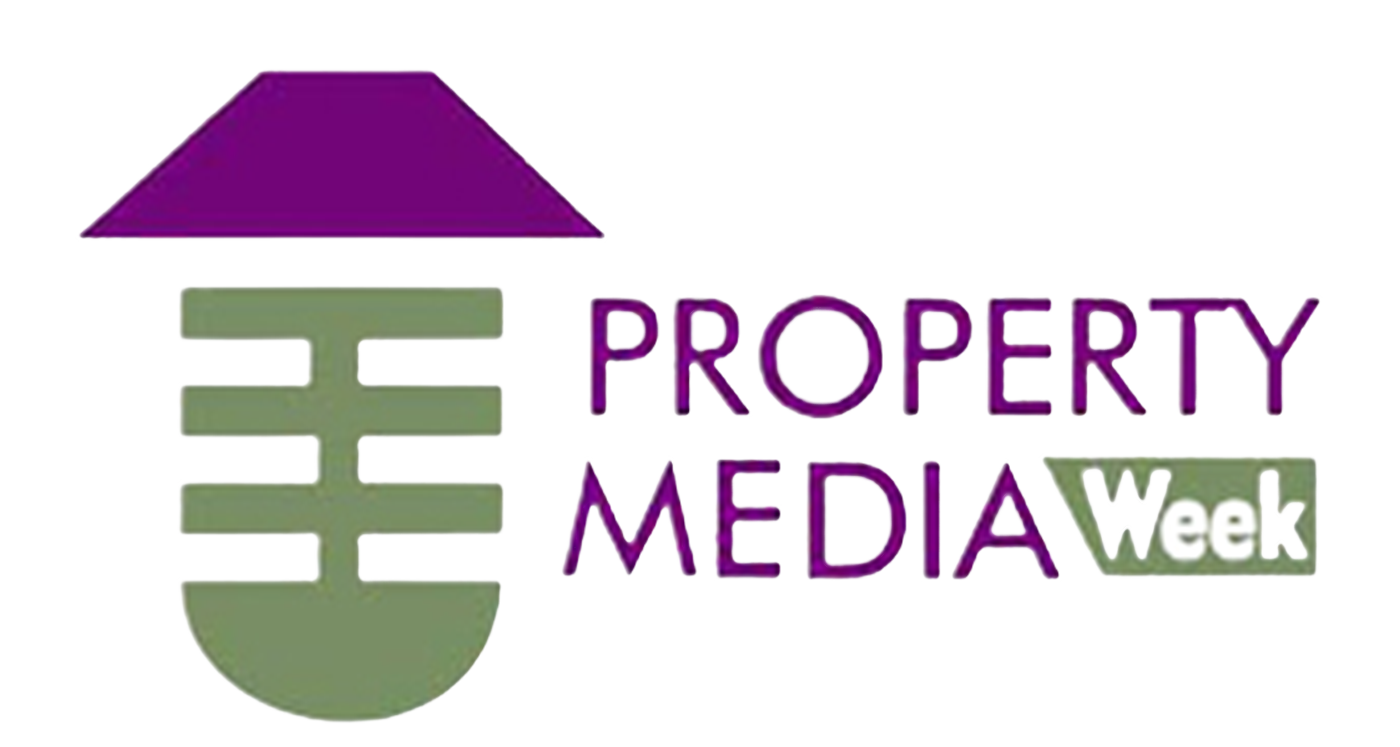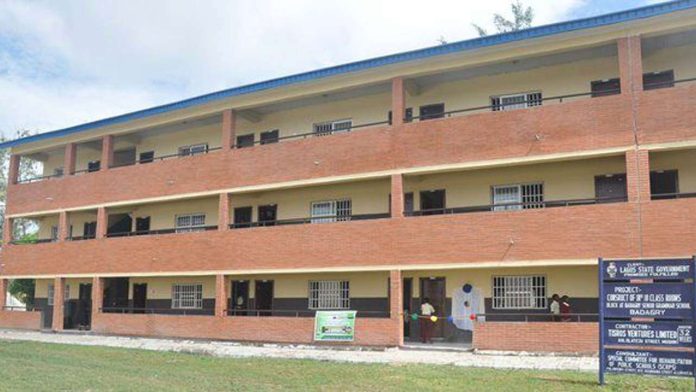The Lagos State Government has commenced its maiden NEEDS Assessment Project for all public primary schools across the state, a landmark initiative designed to transform basic education with data-driven reforms.
According to a statement released on Friday by the Deputy Director of Information, LASUBEB, Abe Adunola, the project was officially unveiled on Thursday during a stakeholder engagement session.
The NEEDS Assessment Project is an evidence-gathering exercise that will identify gaps in infrastructure, teaching capacity, and learning resources in Lagos schools. It will equip the government with reliable data to plan targeted interventions and allocate resources more effectively. The exercise will cover 1,238 public primary schools, vocational centres, inclusive units, and Local Government Education Authorities (LGEAs) across the state.
Building a Stronger Foundation for Basic Education
Board member of LASUBEB, Owolabi Falana, described the initiative as a major step in strengthening the foundation of education in Lagos. Delivering the keynote on behalf of the Deputy Chief of Staff, the Executive Assistant to the Governor on Project Implementation and Monitoring, Mr. Olusegun Sanwo-Olu, noted:
“This project is about clarity and intentionality. By understanding the realities in our schools, we are laying a solid foundation for smart planning, equitable resource allocation, and sustainable reforms.”
The LASUBEB Chairman, Dr. Hakeem Shittu, said this maiden edition was the first in a series of continuous assessments aimed at transforming Lagos public schools. According to him, the project will lead to safer classrooms, improved facilities, empowered teachers, and better learning outcomes for pupils.
Education Reform in Lagos: A Continuous Process
The initiative builds on Lagos’ ongoing education reforms, including the EKOEXCEL programme launched in 2019, which deployed digital learning tools and retrained teachers to improve literacy and numeracy. The state has also embarked on the rehabilitation of schools, construction of new classrooms, and expansion of inclusive education centres for children with special needs.
Despite these efforts, challenges remain, such as overcrowded classrooms, inadequate infrastructure, and uneven access to quality education. Experts have long called for systematic assessments to guide interventions, making the NEEDS Assessment Project a timely response.
Dr. Shittu further emphasised collaboration with the Project Implementation and Monitoring Unit to ensure credible data collection while urging parents, teachers, and communities to support the exercise:
“Together, we can build a school system that empowers Lagos children with the skills, knowledge, and confidence to compete globally.”
Related Context
For deeper insight into Lagos’ reforms, read about how EKOEXCEL is transforming education with digital innovation. Globally, UNESCO continues to highlight the importance of data-driven education planning (UNESCO Education Data).
On PMW, you can also explore how education infrastructure impacts real estate growth in Nigeria and why inclusive education matters for urban development.



